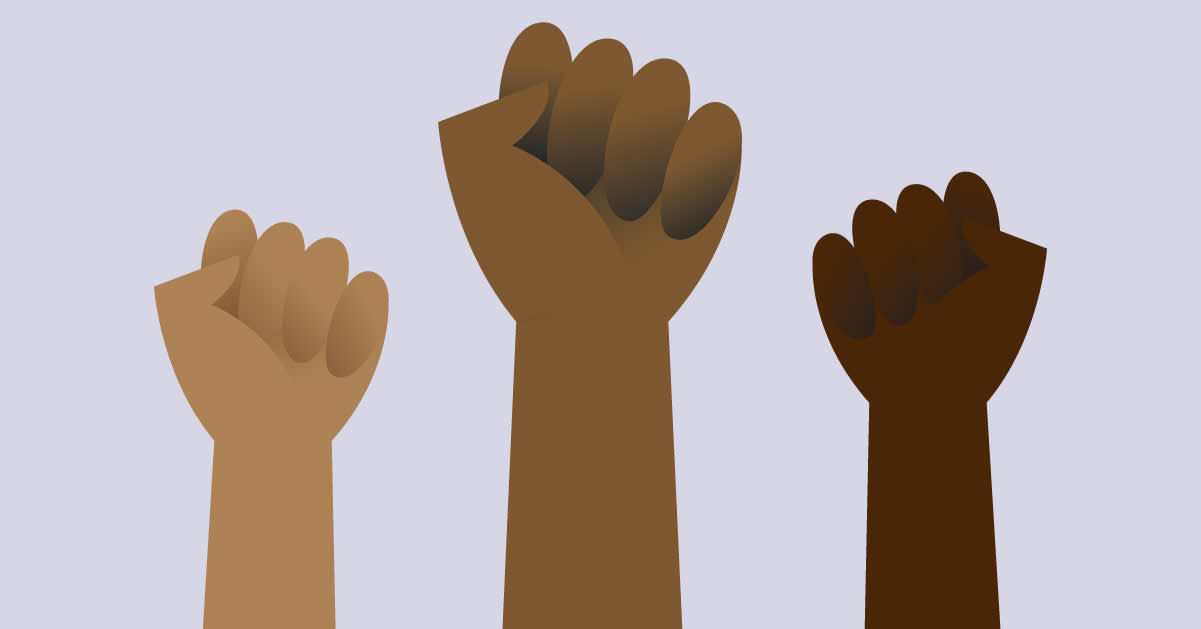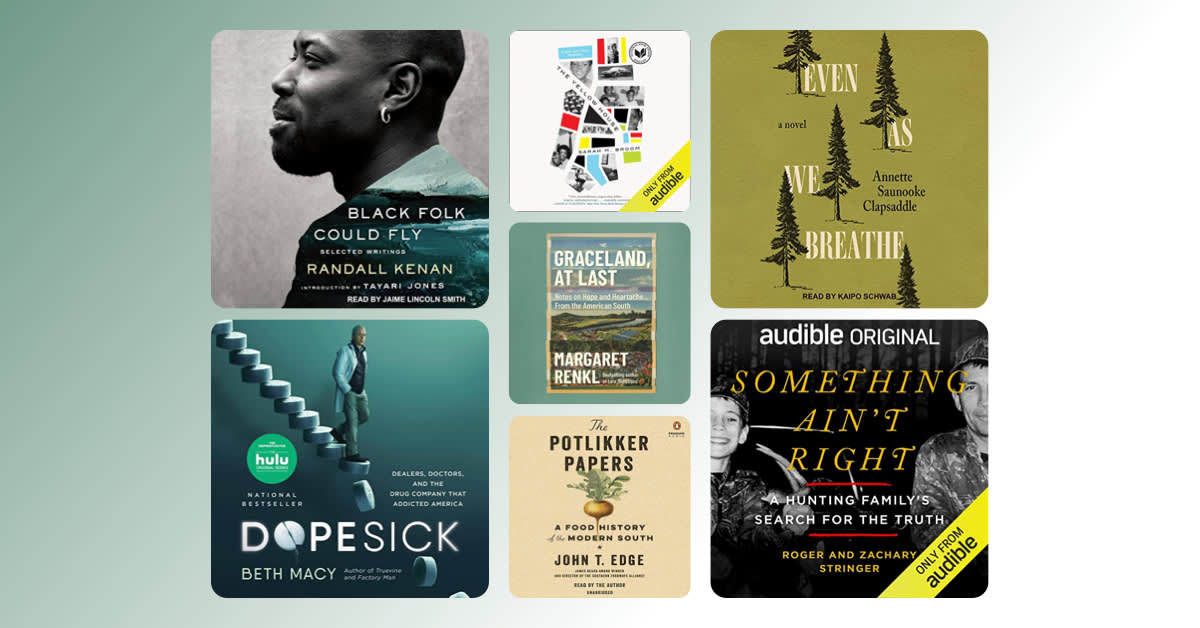In a long overdue reframing of the historical record, Kellie Carter Jackson, PhD, recenters the history of Black resistance and rejects the false dichotomy of “violent” and “nonviolent.” By refocusing the narrative on the resilience and courage of the Black women who have long been overlooked in the fight against white supremacy, We Refuse is both a vibrant, joyful, and important reminder of the work that’s already been done, and a reminder of all that is left to do.
Michael Collina: Based on your research, what have you found to be some of the most successful or impactful methods to combat racism and white supremacy?
Kellie Carter Jackson: I write about five different methods (revolution, protection, force, flight, and joy) that are not exhaustive, but definitely impactful. The greatest collective change I think comes from revolution or the replacement of broken systems with just ones. I wholeheartedly believe it is possible to create a better world, but until we get there, joy is what sustains me. Nothing can be more healing than laughter, community, music, and art. Cultivating joy can be a potent weapon to combat the violence and erosion of racism.
What inspired you to explore the history of Black resistance and empowerment now, in 2024?
The 2020s have been hard, and we are barely halfway through them. I initially wrote this book because I was angry with the state of the world. But in writing the book, I’ve been empowered by the stories of the past and inspired by ancestors who faced even greater trials and overcame. I think we need reminders of not only what we are resisting, but why. Refusal for me is about getting at the heart of humanity. We are in a moment where we all need to refuse the attacks on our humanity.
In your mind, which historical figures stand out as deserving more credit in their efforts to combat and dismantle white supremacy? What lessons do you think we can take from their work and their experiences?
It’s hard to nail down one historical figure or even a few. I think Black women overall have been overlooked in their efforts to address and combat white supremacy. I think of Black women abolitionists such as Harriet Tubman and Eliza Parker or Civil Rights leaders of the Long Freedom Struggle such as Daisy Bates or Mabel Williams; but also ordinary people whose names or stories we may never fully know, such as Carrie Johnson or Ever Lee Hairston. What stands out to me is that most of these women were not out to make a name for themselves, they just wanted justice. The Combahee River Collective said it best, “If Black women were free, it would mean that everyone else would have to be free, since our freedom would necessitate the destruction of all systems of oppression.”
What do you think the future looks like for the continued fight against racism? How do you think the past can help shape and inform our approach moving forward?
In some ways, the past lets us know what’s possible. Few thought the institution of slavery would be abolished, but it was. If we can create systems, we can also dismantle them. I see people getting more creative about the kind of world they want to live in. The future requires all hands on deck. We need more people willing to make sacrifices and not just sit in discomfort but reckon with why they feel so uncomfortable or threatened by equity. Throughout the past, I think about all the lessons that have been unlearned. Reconstruction is a perfect example of America at a significant turning point and then reverting back to the status quo. Progress is possible; sustainability of that progress is often where Americans get stuck.
Do you have any other podcast or audiobook recommendations for folks looking to better understand the history (or essential figures) of Black liberation and empowerment?
One of my favorite podcasts is NPR’s Code Switch or Teaching Hard History. I also participated in a really good podcast on reparations called “What is Owed?” I love learning! Anything that can excite me, I’m game for a deep dive. Right now, I’m finishing Dr. Ruth J. Simmons's memoir, Up Home.
In a shameless plug, I will always recommend the podcasts that I cohost: This Day in Esoteric Political History or You Get a Podcast, because learning and nostalgia can be joyful. If you listen, get ready to hear me laugh—a lot!
Refusal, joy, and other acts of radical resistance
With We Refuse, historian and podcaster Kellie Carter Jackson shines a light on the breadth of Black resistance, resilience, and joy, from historical fights against racism to empowering new paths toward liberation.

Up Next

175+ of the best quotes from Black authors, activists, entrepreneurs, and artists
This sweeping collection of wise, stirring, and thought-provoking words from Black Americans offers much to inspire all Americans.

The best podcasts by Black creators to listen to

Listens on the identity, history, and future of the American South
